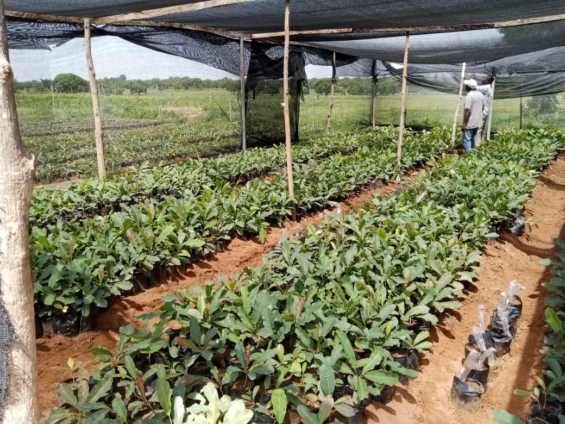The Global Shea Alliance with its NGO partners have started the grafting of shea seedlings to reduce their maturity period from 25 years to three to five years.
This forms part of the Ghana Shea Landscape Emission Reductions Project which is aimed at addressing deforestation and the restoration of degraded shea landscapes in the Northern Savanah ecological zone.
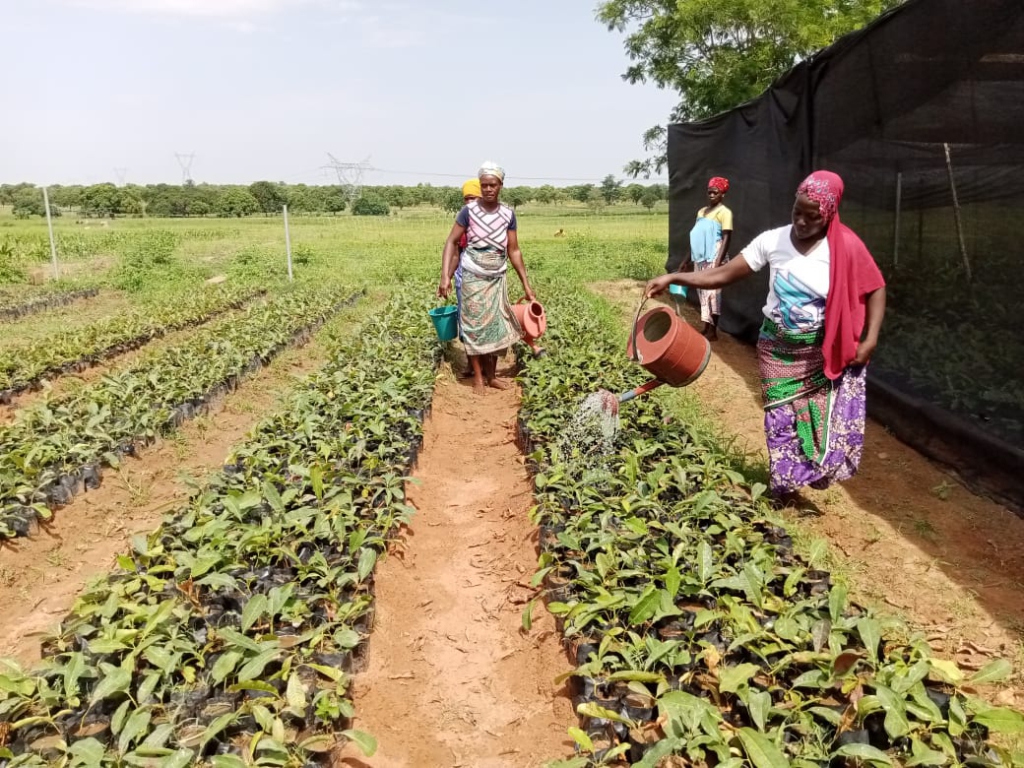
In all 70 community-based nurseries across the five regions of the north have been engaged to produce different tree spices and shea for planting.
About 3,500,000 shea seedlings will be planted, 480,000 native trees and 100,000 hectares of degraded parklands will be restored.
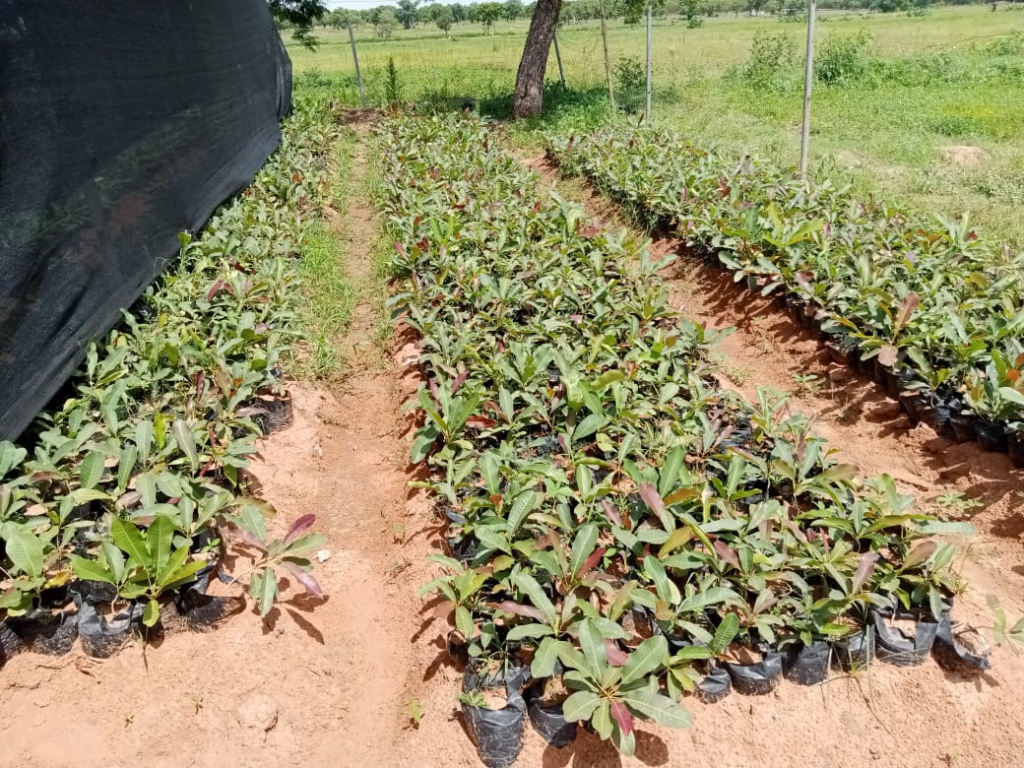
As part of the project over 700 women are being employed while 24,200 men and women will be trained in shea parkland management.
The 7-year project is been funded by the Green Climate Fund and implemented by the Forestry Commission, with the Global Shea Alliance as co-implementer providing technical support.
The United Nations Development Programme is the Green Climate Fund Accredited Entity on the project.
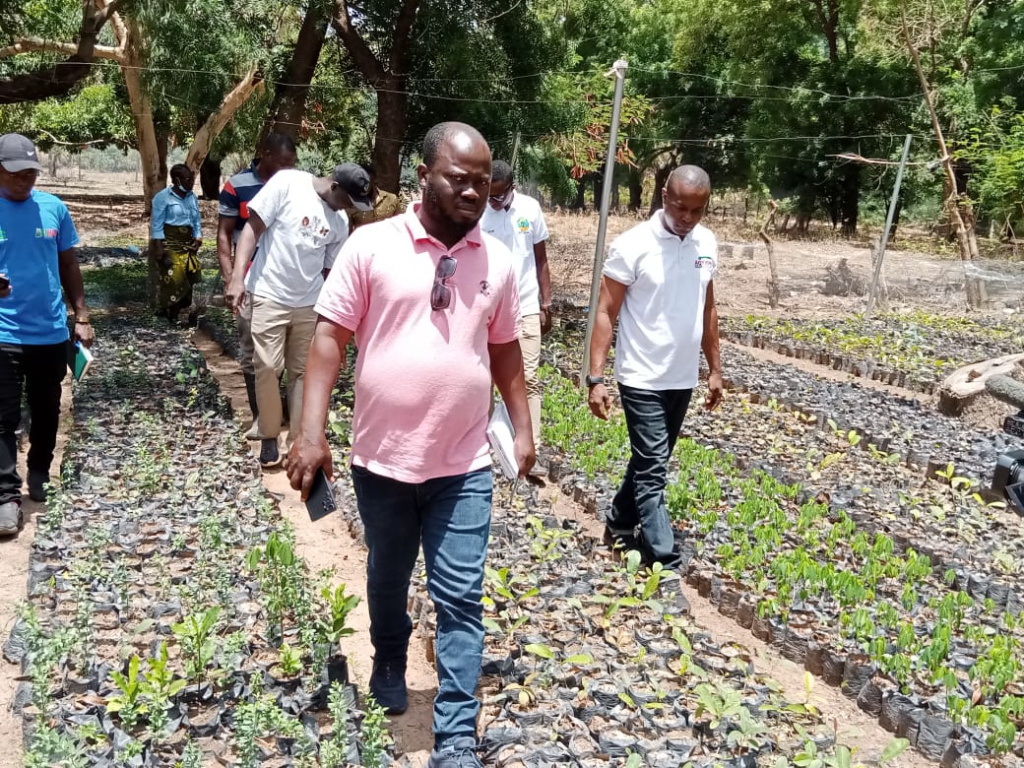
This came to light when a team from Global Shea Alliance and UNDP toured some nursery sites and visited some women's groups to see the progress of work.
In strengthening the shea value chain as part of GSLERP, GSA's private sector partnerships with matching funds, they will also establish 60 new women cooperatives, with up to 73 cooperatives receiving business training on various topics.
48 warehouses are to be constructed or refurbished and also supply 73 improved cookstoves to facilitate shea processing by the women's cooperatives.
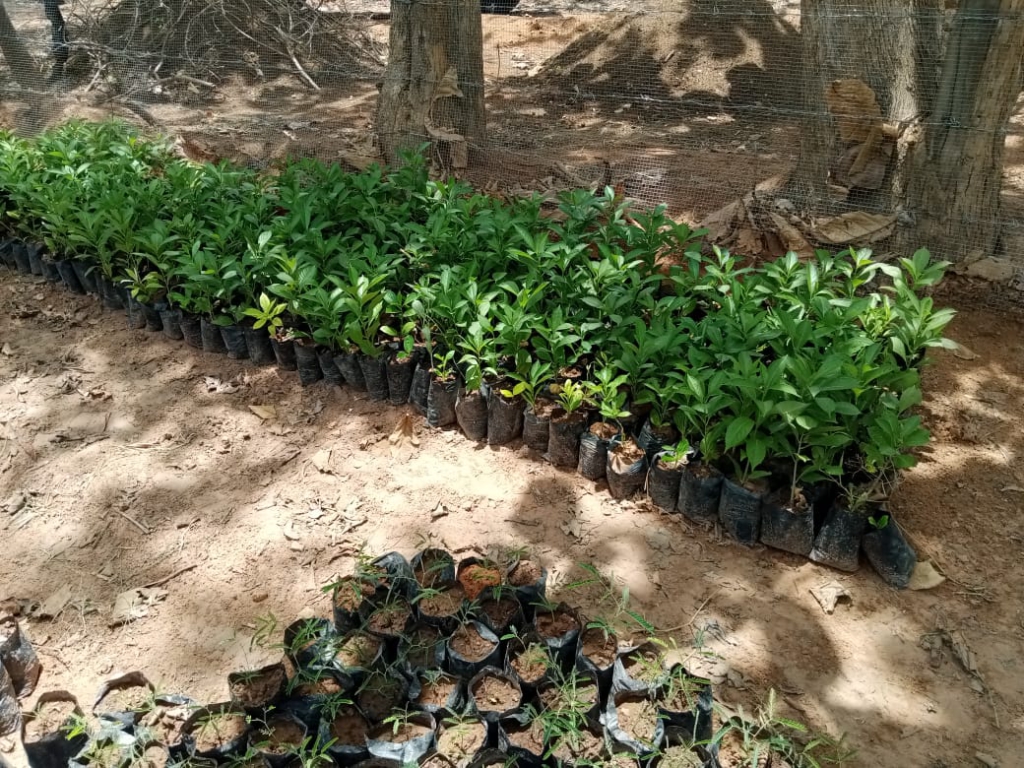
Speaking to the media at the Sahel Agriculture Services Nursery Dr Francis Chimsah said the grafting is to reduce the maturity period and increase the size of the Shea.
He said the women are being trained to undertake the grafting of over 10,000 shea trees.
“The essence of shea grafting is to reduce the long gestation period of our shea tree. In a natural sense, a shea tree can take over 25 years to mature and start fruiting but with the technology of grafting we can reduce the gestation to five years or less,” he said.
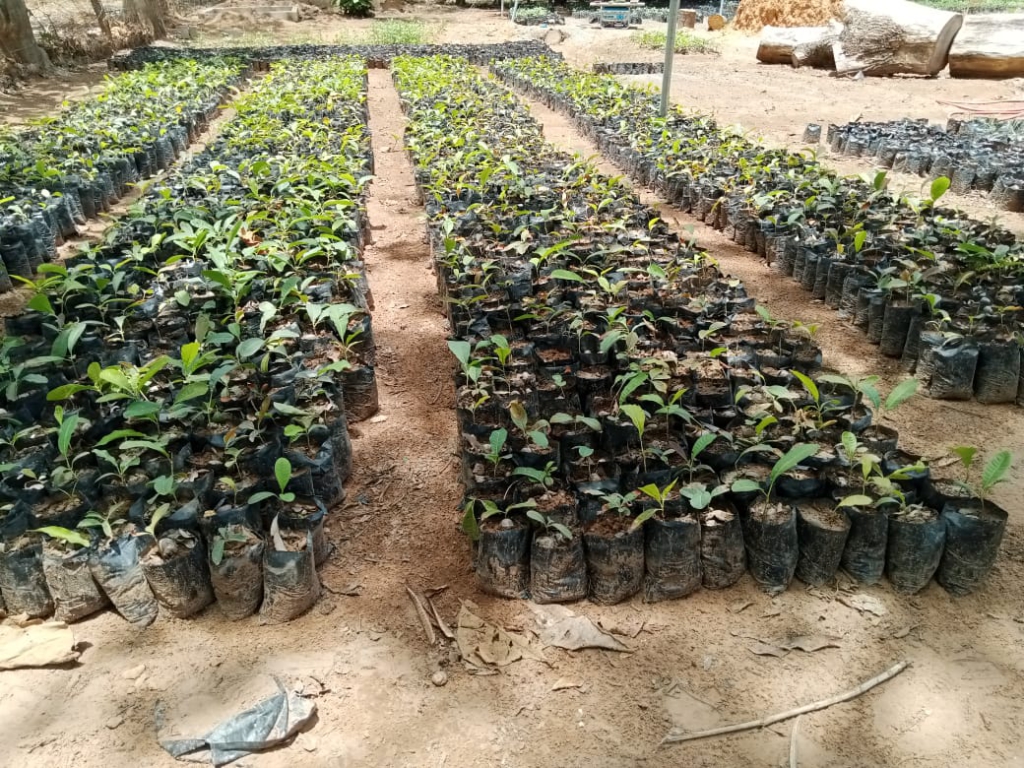
Dr Chimsah said the community owns the nursery and they are working with the women.
”We started training the women in shea grafting. There are several techniques but the best ideal one we have identified to use for grafting is top grafting, so we have explained to the women and have started training them and they will be the ones to graft about 10,000 trees,” he added
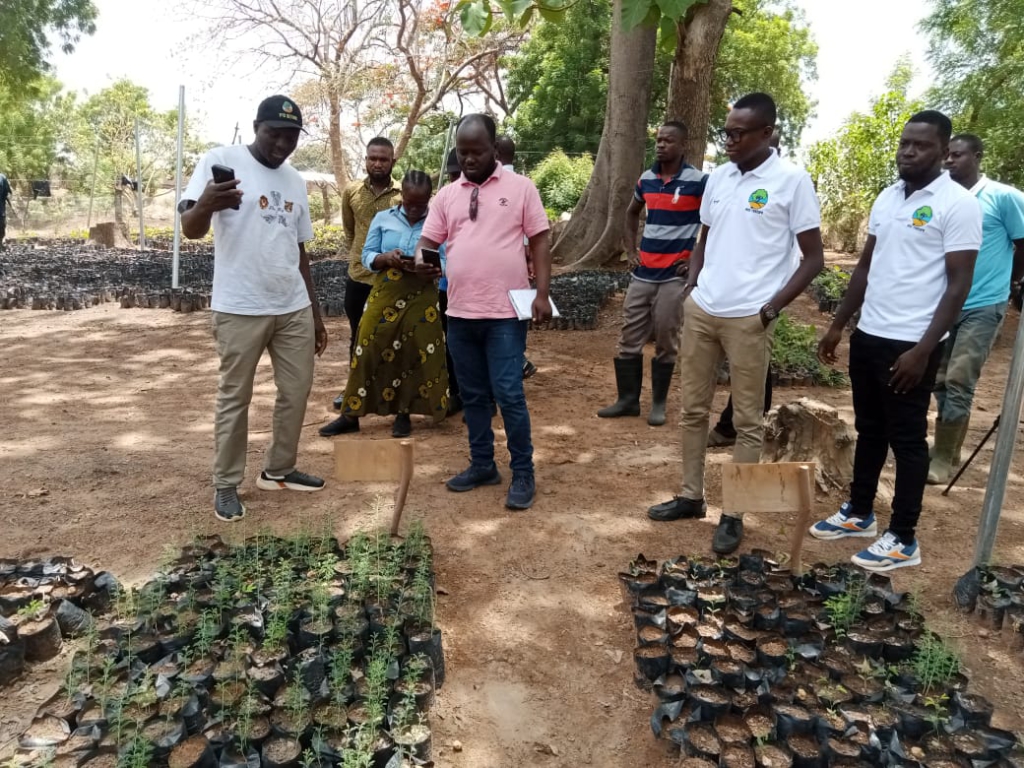
One of the founders of eco restore Dr Zakaria Issahaku said the trees being planted are native to the area.
He said 13 different spices have been nursed and would be moved to different communities.
He stated that this would be owned by the communities to nurture and grow, as well as benefit from it.
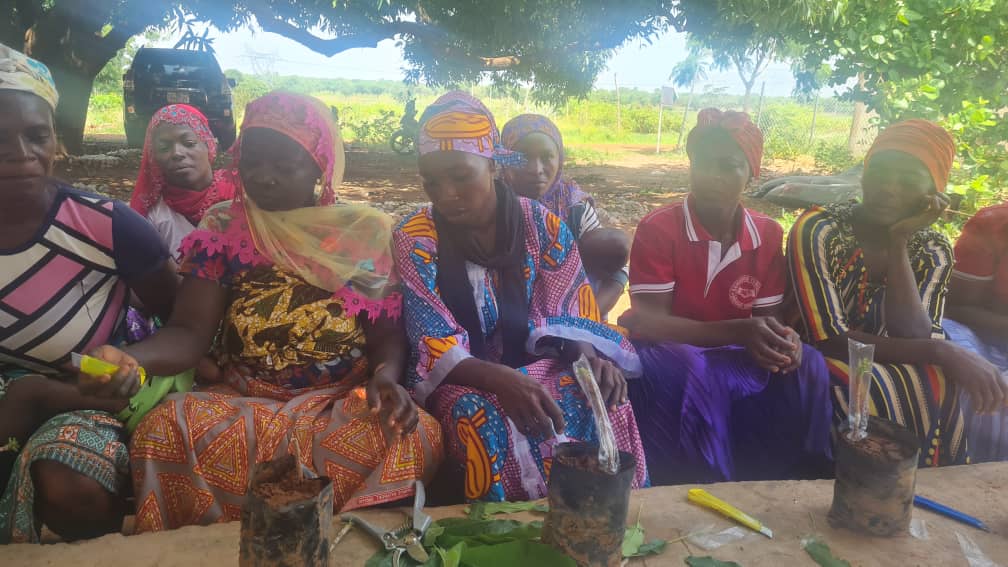
Dr Zakaria said the project was not only restoring degraded lands but also empowering communities economically.
The team lead for Environment and Climate Change at the UNDP in Ghana Stephen Kansuk said the aim is to partner with other stakeholders to protect the environment.
He said the adverse impact of climate change and its effect on the savannah zone and livelihood is huge.
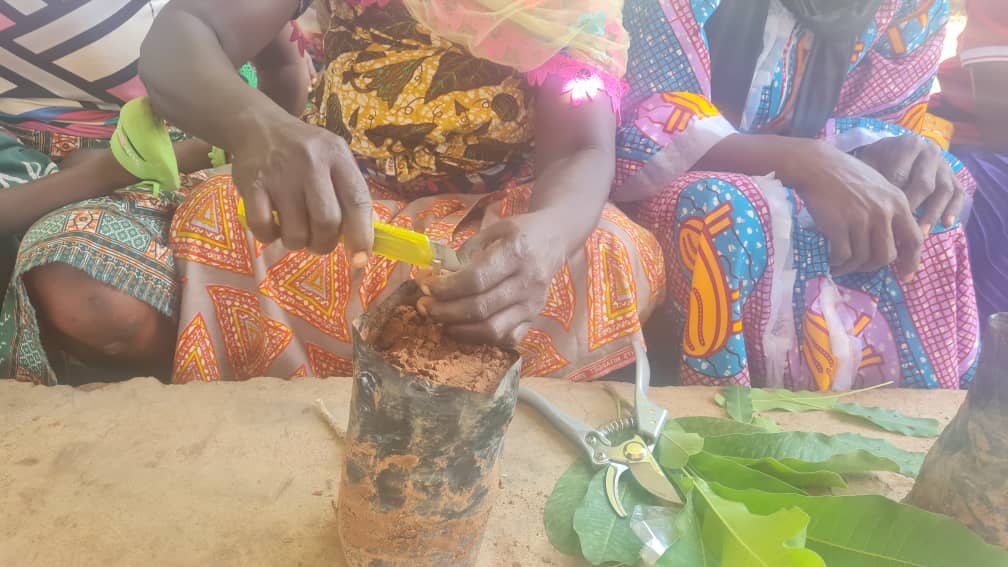
”For us as UNDP one thing we are doing is to see how we can help to address the adverse impact of climate change whether in terms of putting in adaptation measures to be able to allow our women and rural folks adapt to the impact on climate change," he said.
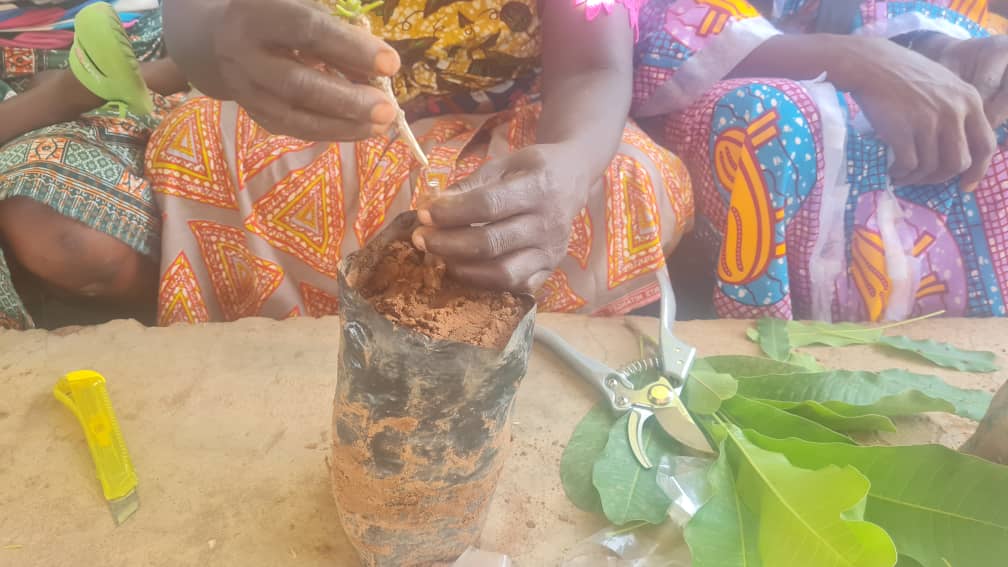
Mr Kansuk added that individuals and communities have a role to play in putting up mitigation climate change in northern Ghana.
He said they are working with other stakeholders to be able to address the impact on the environment.
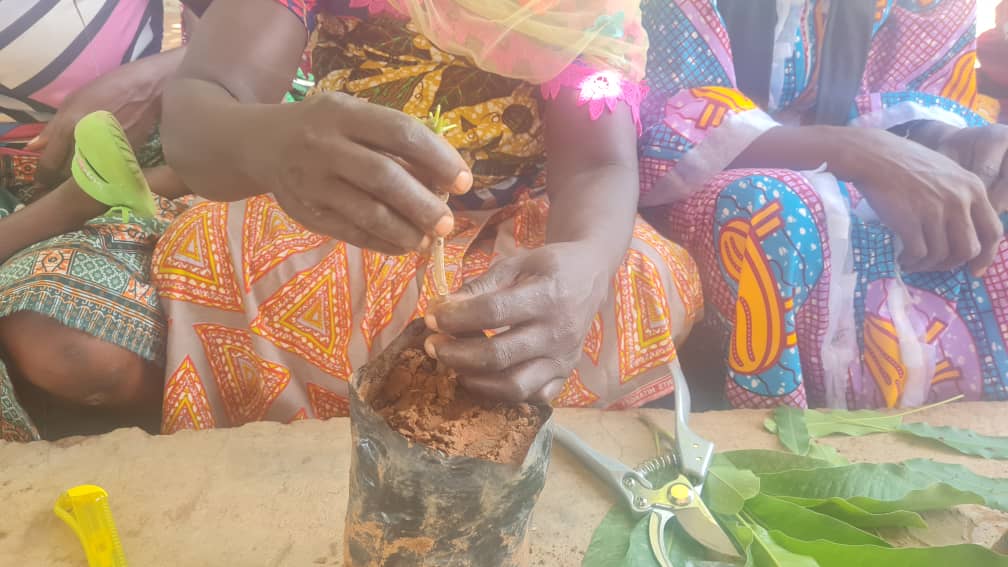
CEO of Savannah and Sahel Commodities Senyo Kpelly acknowledged the contribution of Global Shea Alliance in the shea industry.
He said in the past the challenge was lots of shea without buyers but the story is changed now with the increase in demand for shea globally.
He said that currently over 90 per cent of shea is consumed by the food industry but raised concerns over the rate at which shea trees were being destroyed.
Latest Stories
-
CAFCC: “Dreams need to score early to unsettle Zamalek” – Former Zamalek striker Felix Aboagye
51 mins -
GHS launches mobile app to counter misinformation about vaccines
1 hour -
Election 2024: Care Ghana warns EC of recruiting political actors as Returning Officers
1 hour -
Mohammed Kudus gets 5th Premier League assist as West Ham hold Liverpool
1 hour -
Religious support source of my success – Asantehene
1 hour -
Sierra Leone energy minister resigns over electricity crisis, as power returns to capital
1 hour -
EC accuses Bright Simons, IMANI Africa of peddling falsehood
2 hours -
GRA/SML contract: Akufo-Addo has whitewashed the KPMG report – Inusah Fuseini
2 hours -
USM Alger receive warm welcome at Oujda Airport ahead of game against RS Berkane
3 hours -
2023/24 Ghana Hockey League to kick-off this weekend
3 hours -
All payments received from our contract with GRA are performance-based, says SML
3 hours -
Marrakech 2024: Ghana’s Zinabu Issah wins gold in women’s discus throw
4 hours -
Our contract with GRA followed due process; ignore contrary reports – SML
4 hours -
SML is just Agyapa in suit and tie – Bright Simons
4 hours -
Domelevo condemns selection of KPMG to audit GRA/SML contract as illegal and unprofessional
4 hours

